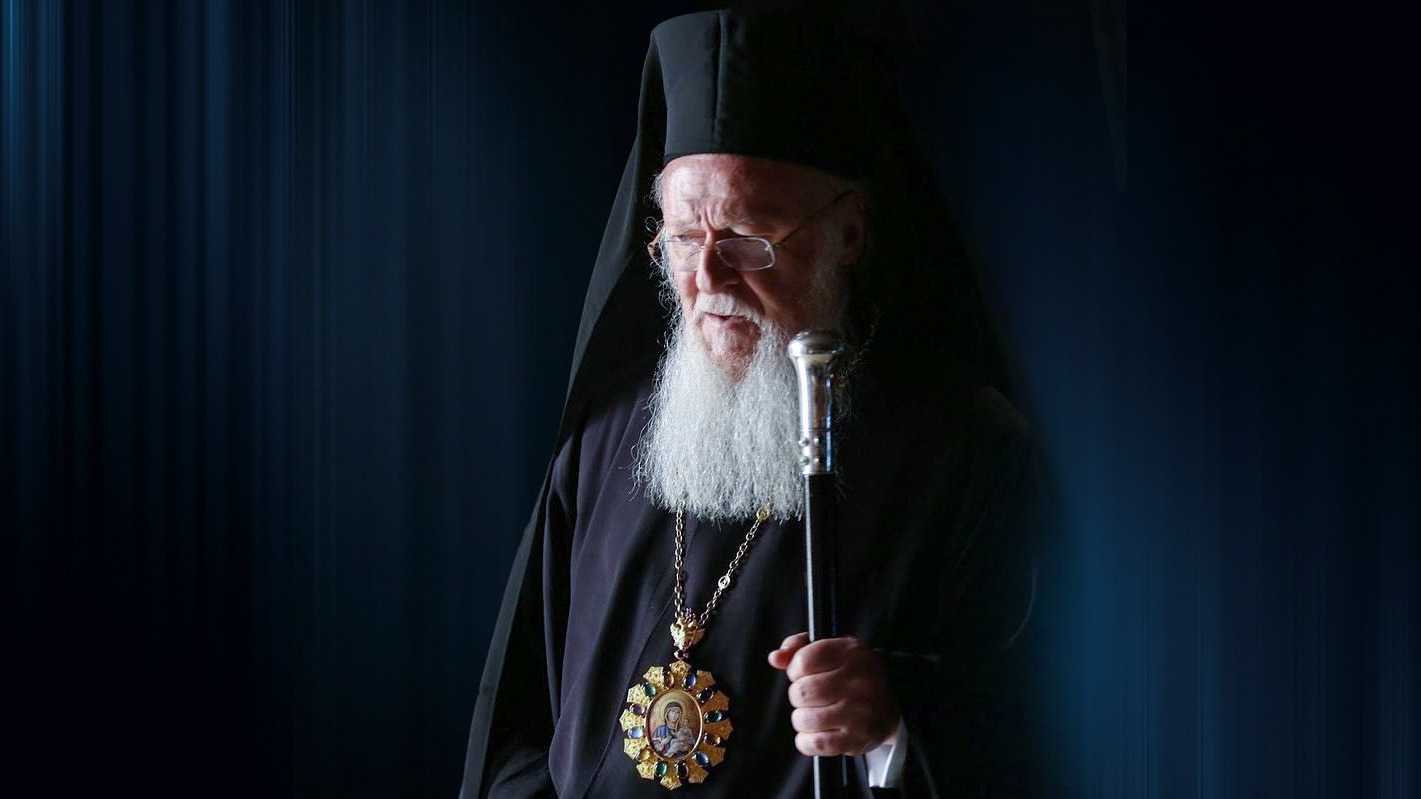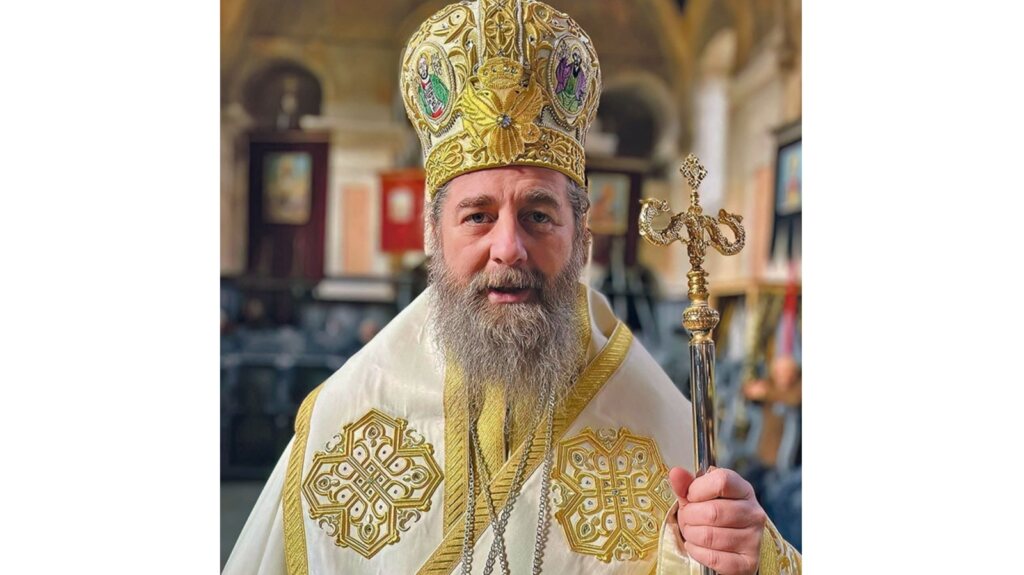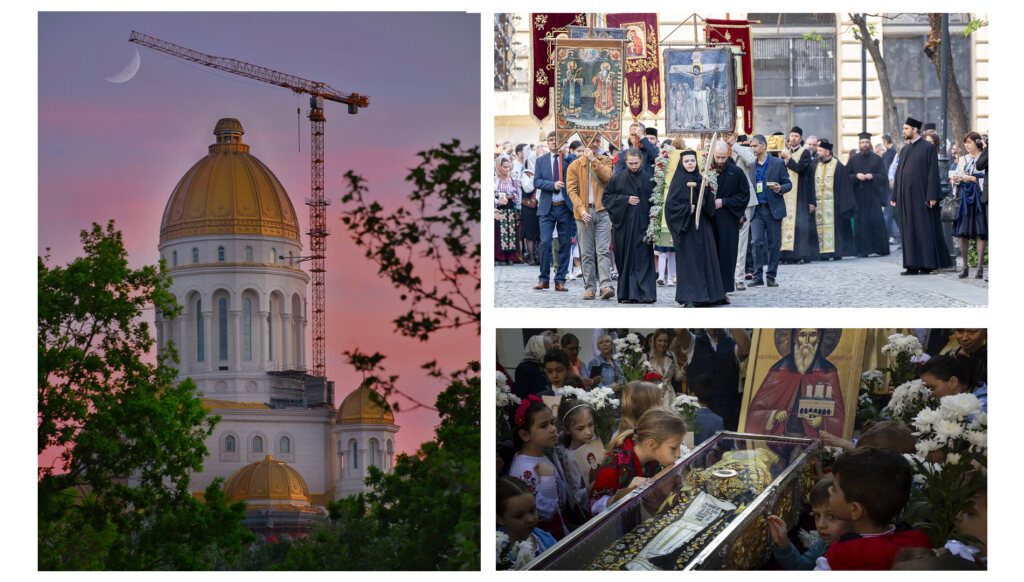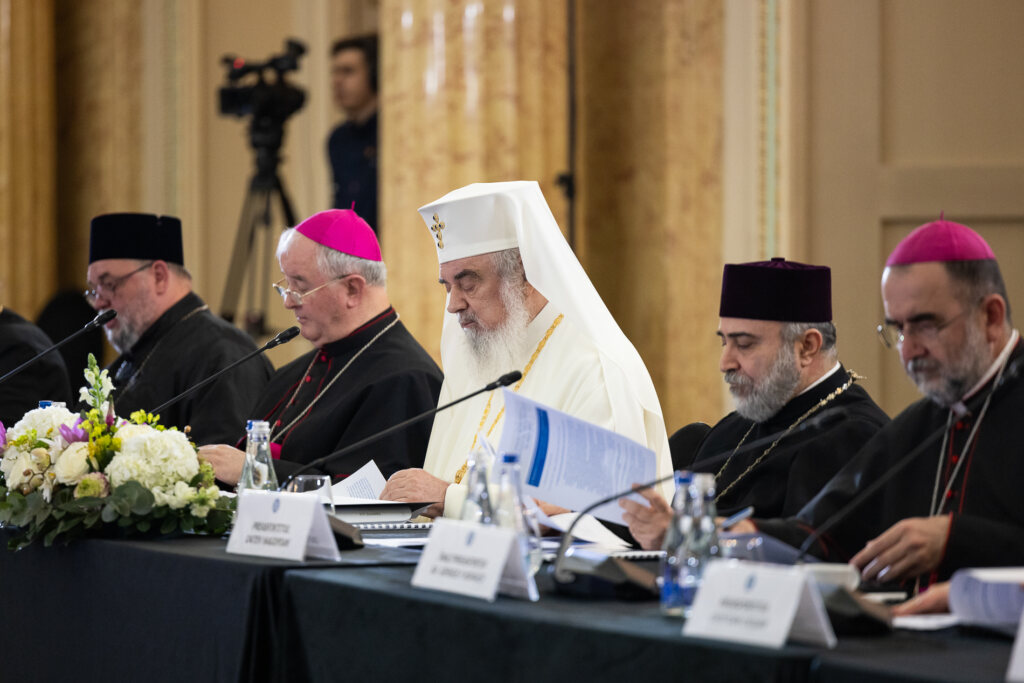- Orthodoxy is committed to ecology; it is the “green” Church par excellence. Our faith and our worship strengthen our commitment to the protection of creation and promote the “eucharistic use” of the world, the solidarity with creation. The Orthodox Christian attitude is the opposite of the instrumentalisation and exploitation of the world.
- We believe that the roots of the environmental crisis are not primarily economic or political, nor technological, but profoundly and essentially religious, spiritual and moral. This is because it is a crisis about and within the human heart.
- This world is not just a gift from God; it is a challenge for humanity. We have at last come to learn the truth that we have mistreated the natural environment and its resources. The consequences are plain and painful. They are evident in the air that we breathe, the water that we drink, the food that we consume, the emotional and physical problems that we face in our health, but also in our relationships with each other on the local, regional, national and global levels.
- The truth is that, above any doctrinal differences that may characterize the various Christian confessions and beyond any religious disagreements that may separate the various faith communities, the earth unites us in a unique and extraordinary manner. All of us ultimately share the earth beneath our feet and breathe the same air of our planet’s atmosphere. Even if we do not do enjoy the world’s resources fairly or justly, nevertheless all of us are responsible for its protection and preservation.
- A church that neglects to pray for the natural environment is a church that refuses to offer food and drink to a suffering humanity.
- A society that ignores the mandate to care for all human beings is a society that mistreats the very creation of God.
- Harming God’s creation was tantamount to sin.
- The virtue of contemplation or silence reflects the quality of waiting and depending on God’s grace; and by the same token, the discipline of fasting or frugality reveals the power of not-wanting or wanting less. Both qualities are critical in a culture that stresses the need to hurry, the preeminence of individual “wants” over global “needs.”
- We are called – indeed, we are obliged – to embrace our role to preserve the earth as a gift and resource offered to humanity by a loving Creator.
- This planet is a life-giving organism, which is more than plentiful for those who know and practice moderation.
- The earth and humanity are created and intended to exist in a relationship of respect and harmony.
- As greed overcomes our communities, consumption increases beyond what the earth can possibly sustain. In other words, the greedy ravage more resources than the earth can ever renew. Possessing the earth in such a selfish way deprives it of its life-giving properties and poses a great threat to the rest of creation.
- In religious terms, the way we relate to nature directly reflects the way we relate to God and to our fellow human beings, as well as the way we relate to the biodiversity of creation.
- The ecological crisis is directly related to the ethical challenge of eliminating poverty and advocating human rights.
- Global warming is a moral crisis and a moral challenge.
- The protection of our planet’s vitality and diversity is a sacred task and a common vocation.
- human attitudes and behavior towards creation directly impact on and reflect human attitudes and behavior toward other people, especially the poor.
- Ecology is inevitably related to sociology and economy, and so all ecological activity is ultimately measured and judged by its effect upon the underprivileged and suffering of our world. The ecological problem is essentially a sociological one.
- The solution of the ecological problem is not only a matter of science, technology, and politics but also, and perhaps primarily, a matter of radical change of mind, of new values, of a new ethos. In Christian theology, we use the term metanoia, which means a shift of the mind, a total change of mentality.
- It is not proper to intend an ecological culture and to make decisions without taking into account their impact on the environment.
20 Quotes from Ecumenical Patriarch Bartholomew on creation and the ecological crisis






